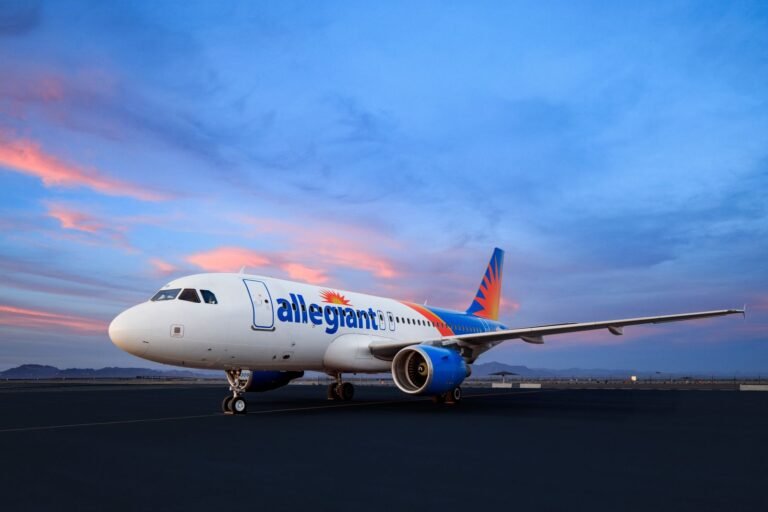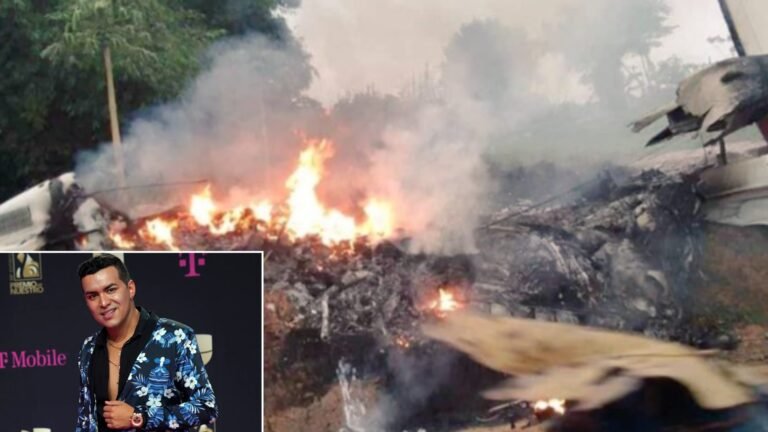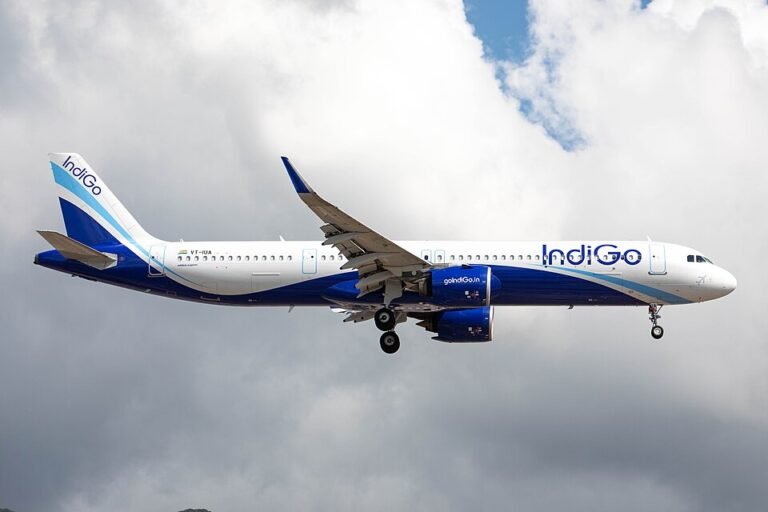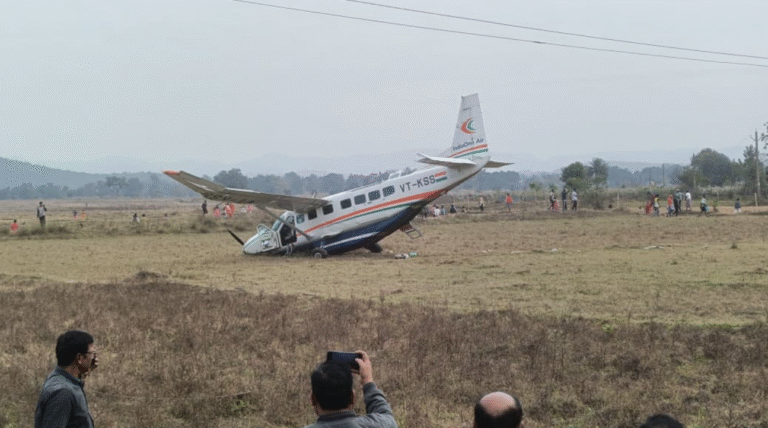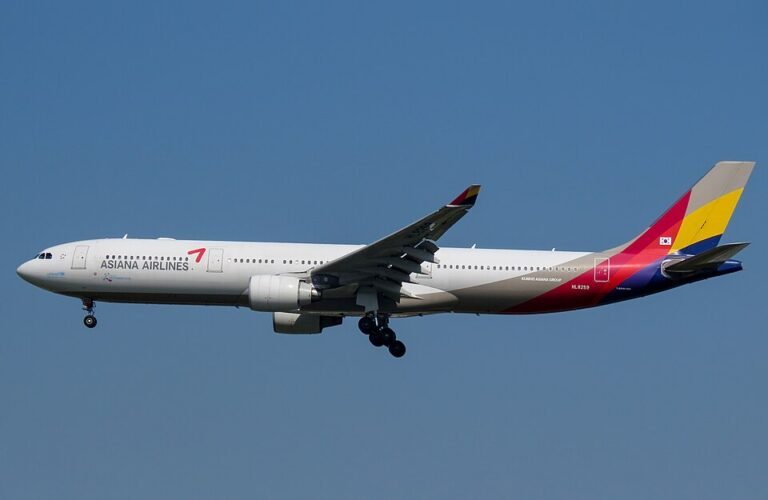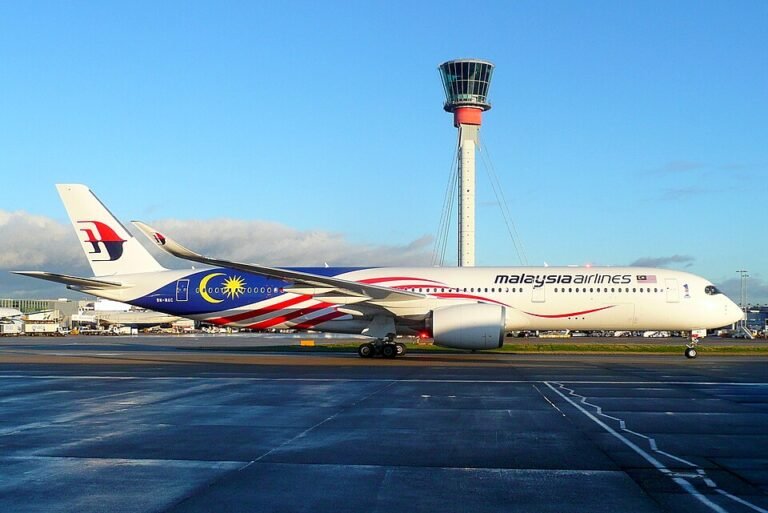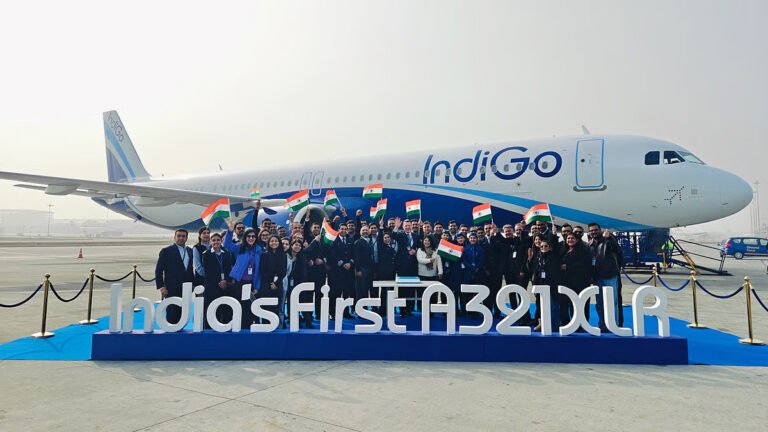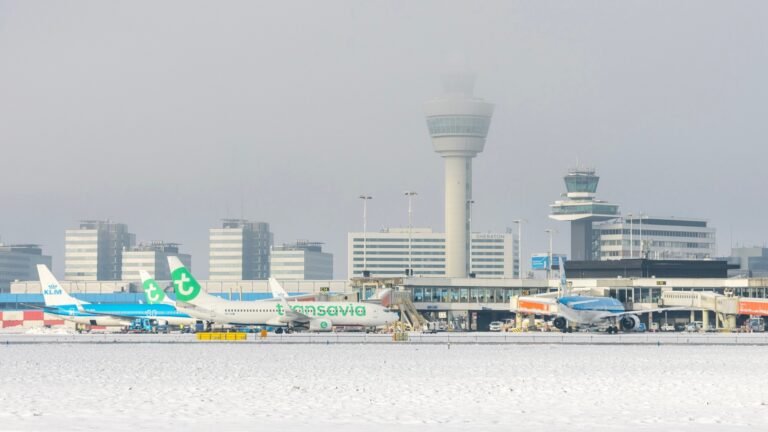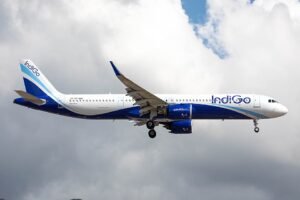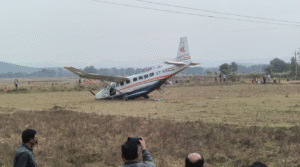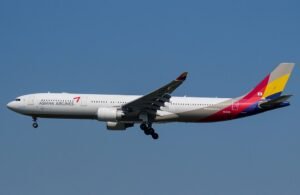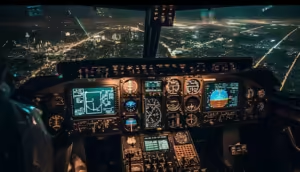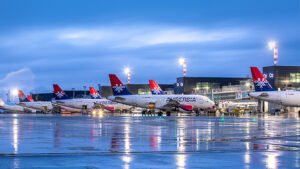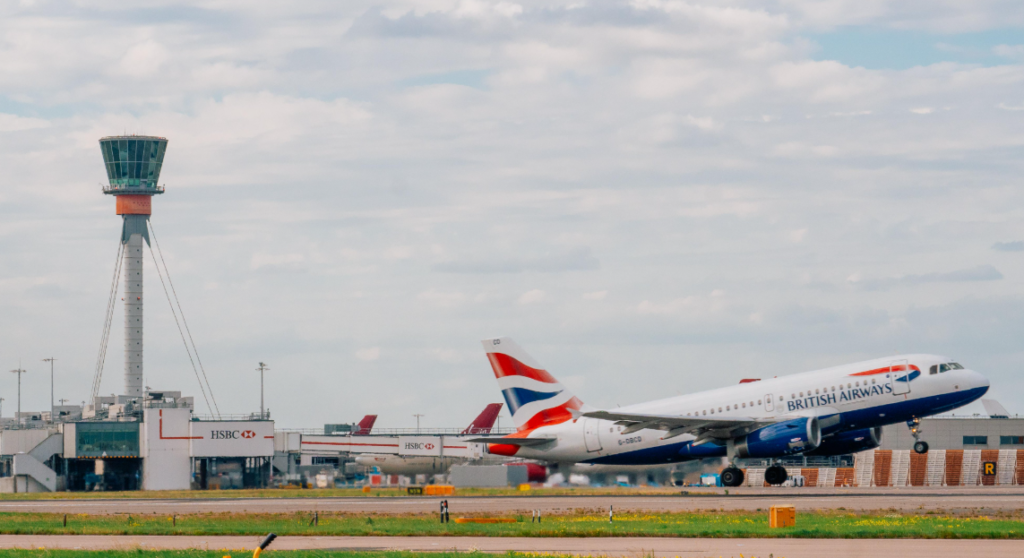
London, UK: A radar-related technical fault in the United Kingdom’s air traffic control system triggered widespread disruption across major airports on Wednesday evening, grounding dozens of flights and delaying hundreds more. The outage, which began around 4:05 p.m. BST at the National Air Traffic Services (NATS) Swanwick control centre, forced controllers to switch to a backup system, cutting the nation’s air traffic capacity for several hours.
Although the backup system was restored within 20 minutes, the immediate effect was severe: departures and arrivals were throttled down from a standard rate of roughly 45 flights per hour to just 32. The reduced throughput created a cascading backlog that extended well into the night.
According to The Independent, 84 outbound and 71 inbound services were cancelled by late evening, amounting to at least 155 total cancellations across UK airports. Heathrow experienced the most severe disruption, with 29 departures and 17 arrivals cancelled. Other hubs, including Gatwick, Manchester, Birmingham, Cardiff, Edinburgh, Glasgow and London City, also reported extensive delays.
NATS confirmed that all systems are now fully operational and air traffic capacity is returning to normal. However, the agency warned that delays would persist while airlines reposition aircraft and crews.
The incident has prompted strong criticism from airline operators. Ryanair called the outage “inexcusable” and demanded the resignation of NATS Chief Executive Martin Rolfe, while easyJet described the repeated infrastructure failures as “unacceptable for passengers and carriers alike.” Both airlines pointed to a similar outage in August 2023 that disrupted thousands of flights.
Transport Secretary Heidi Alexander urged passengers to check directly with their airlines for updated travel information and confirmed that the government is assessing the event. “We are reviewing the causes and immediate response to ensure lessons are learned and future resilience is strengthened,” she said.
Political pressure is also building, with opposition parties and industry groups calling for an independent review of the nation’s air traffic control infrastructure.
While flights have now resumed normal scheduling, officials cautioned that residual delays may continue into Thursday as airlines work through stranded passengers and repositioning requirements.

